India has taken a significant step in healthcare management with the launch of the National Single Window System (NSWS), a revolutionary platform designed to simplify and expedite the approval processes for medical devices. The Drugs Controller General of India proudly declares the NSWS as a "genuine single-window system," functioning as an all-in-one solution for approval-related tasks.
The NSWS aims to streamline the importation, clinical investigations, and testing of medical devices, offering a seamless experience for investors and businesses alike. In an official notice dated January 1, Rajeev Raghuvanshi, the drugs controller general of India, described the NSWS as a "genuine single-window system" that serves as a comprehensive resource for obtaining necessary approvals and fostering a more business-friendly environment. Business Standard has obtained a copy of this document.
Click here to follow our WhatsApp channel
Distinguished from existing portals like SUGAM and cdscomdonline, the NSWS was developed by Tata Consultancy Services (TCS). It facilitates various applications, including certificate of registration and licenses for the manufacturing or importation of medical devices, encompassing clinical investigations, tests, evaluations, demonstrations, and training. The existing portals are set to be disabled by January 15, as outlined in the notice.
The concept of the NSWS evolved from Finance Minister Nirmala Sitharaman's announcement of an investment clearance cell (ICC) during her Budget speech on February 1, 2020. This ICC, now realized as the NSWS, empowers investors to identify, apply for, track, and secure the necessary approvals before commencing business operations in India. It eliminates the need for investors to navigate multiple IT platforms and authorities, as noted in the Central Drugs Standard Control Organisation (CDSCO) notice.
India's medical device demand is projected to reach $50 billion by 2030, with current production valued at approximately $7.6 billion and exports totaling around $3.4 billion. The annual demand for medical devices in India is estimated at approximately $12 billion, with imports accounting for over 60% of the domestic requirement, amounting to close to $7.6 billion.
However, the draft New Drugs, Medical Devices, and Cosmetics Bill of 2023, expected to be presented in Parliament soon, has encountered opposition from medical device manufacturers, patient advocacy groups, and hospitals. They advocate for a separate Bill for medical devices, distinct from drugs.
Malini Aisola, co-convenor of the All India Drug Action Network (AIDAN), expressed concerns in a statement dated December 12, highlighting the lack of clearly defined norms for conducting clinical investigations, particularly for high-risk devices. Aisola also criticized the lack of transparency in the regulatory mechanism and expert committee assessments, which form the basis for granting approvals.
The NSWS represents a positive stride forward, according to Rajiv Nath, forum coordinator of the Association of Indian Medical Device Industry (AiMeD) and chairman and managing director of Hindustan Syringes and Medical Devices (HMD), one of the world's top three disposable syringe manufacturers.
Nath commended the single-window portal as an excellent initiative but stressed the importance of involving various other ministries and regulators at both central and state government levels. He emphasized the need to eliminate parallel or independent portals and physical payments of fees and challans. He also called for an e-platform to facilitate communication and oversight among regulators.
Nath's hope is that the NSWS will eliminate the burden on manufacturers to collect No Objection Certificates (NOCs) and instead make it a communication process between regulators. He emphasized the necessity of the government creating a governance structure for coordination and time-bound approvals, with the option of accredited third-party certification bodies.

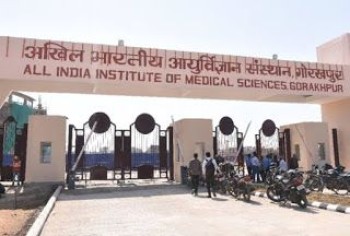

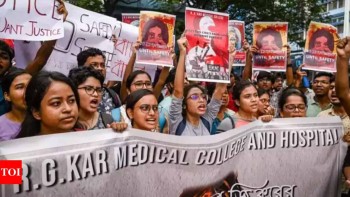
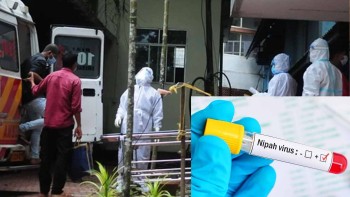
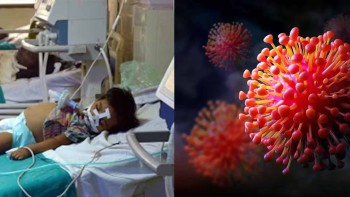
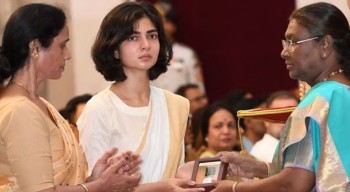
Recent comments
Latest Comments section by users